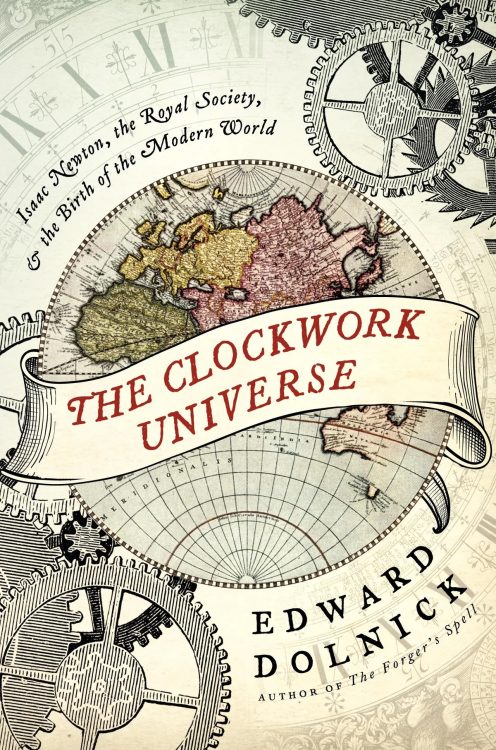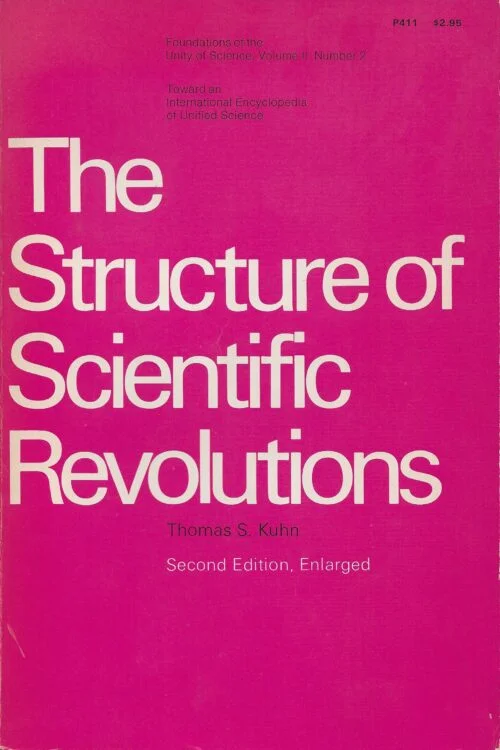In “A More Perfect Heaven,” Dava Sobel once again wields her prowess as a storyteller to illuminate a seminal moment in human history—the daring intellectual voyage helmed by Nicolaus Copernicus that upturned our understanding of the universe. Sobel, whose reputation for bringing life to scientific histories was firmly established with “Longitude” and “Galileo’s Daughter,” offers a richly detailed narrative that straddles the border between scholarly intrigue and human drama.
At the core of the book is Copernicus, a cleric who envisioned a cosmos radically different from the one accepted in his time. The idea that the Earth was not the center of the universe but merely a planet in orbit around the sun was nothing short of heretical. Sobel paints the portrait of Copernicus as a man of significant conviction, painstakingly building his heliocentric model while navigating the treacherous waters of 16th-century scientific thought—a harbinger of observational accuracy and intellectual bravery.
The book also vividly captures the unlikely alliance between Copernicus and the young mathematician Georg Joachim Rheticus. Their meeting and the subsequent events play out like a well-crafted drama, full of intellectual parrying and emotional stakes. Sobel doesn’t just recount events; she brings readers into the room, making them privy to a confluence of ideas that would eventually coax Copernicus’s work into the public sphere.
The book is tinged with the inevitable conflict between scientific discovery and faith. Sobel navigates these themes with a deft hand, portraying a time when the line between heresy and truth was perilous at best. The narrative serves as a tapestry of human achievement entangled with the tension of existing beliefs and the courage required to challenge them.
Dava Sobel has an undisputed talent for condensing complex scientific chronicles into engaging, digestible prose that grasps both the mind and the heart. In crafting “A More Perfect Heaven,” she gives us another gem that is as educational as it is emotionally compelling. She shows us not only how Copernicus revolutionized the cosmos with his celestial models but also how those intellectual pursuits imprinted upon the human experience.
“A More Perfect Heaven” shines bright in the constellation of works chronicling turning points in human understanding. It is not only a tribute to the mathematical and scientific rigor of Copernicus and his era—it is also an homage to the indomitable spirit of curiosity that drives humanity forward. Sobel’s work is a testament to the fact that the narrative of human progress, intricately bound with the pursuit of the unknown, is as much about the hearts and minds behind the theories as it is about the theories themselves.
In essence, Sobel’s book champions the relentless quest for knowledge and the profound developments birthed from such endeavors. It is a clarion call to the modern world, reminding us of the courage necessary to challenge the status quo and venture into new realms of understanding. For history lovers, science enthusiasts, and the perennially curious, “A More Perfect Heaven” is an intellectually stirring and deeply human read.
















